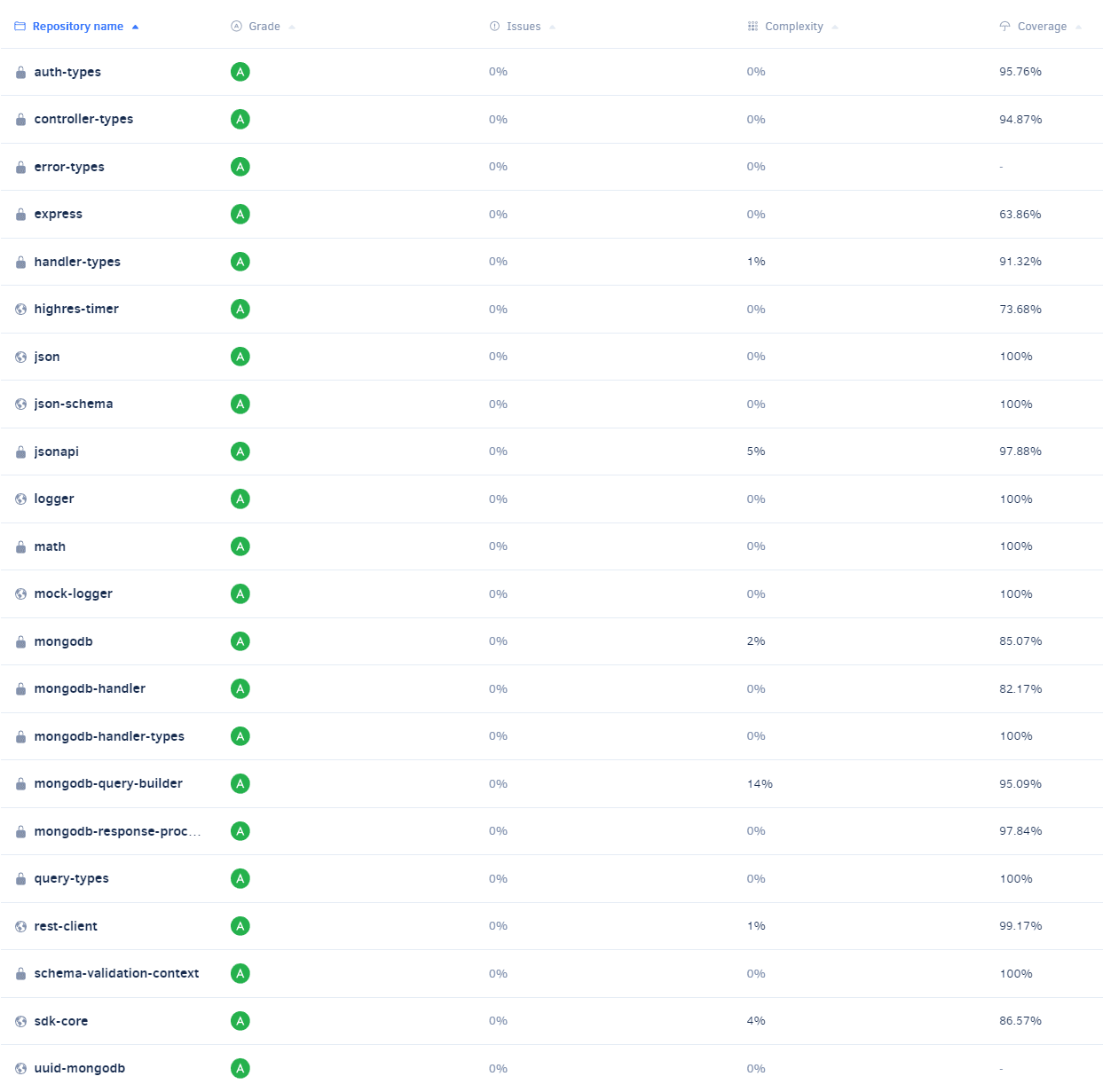Cloudize API Framework Version 23.1 Release

We're delighted to share that we have released Version 23.1 of the Cloudize API Framework today.
Version 23.1 builds upon the stellar performance reputation of Version 22.2 with the addition of field-level authorization for both read and write operations. This capability builds upon our Function Level Access Control (resource type access policies) and Object Level Access Control (resource instance access policies) capabilities with even finer-grained controls that define which fields within a resource are filterable and projectable to API consumers based on their security roles.
In addition to this, another feature that we are very excited about is the introduction of branch fragments within our design tooling. Branch fragments allow for the definition of types within API contracts that can accept one of many definitions, each with its own validation rules. An example of a use case for this functionality would be a list of addresses, of which some could be postal, some could be physical, and perhaps some could be online. This capability allows for complex data structures to be designed without the need to handcraft any code and takes our technology even further into the low-code space.
Code quality, simplicity, and testability continue to be among our highest priorities when crafting our codebase. The framework is now being covered by over 3400 unique automated tests that validate every testable aspect of the codebase. Overall automated test coverage remains close to 95%, and complexity remains extremely low, as seen in the following static code analysis report.

In addition to the above software changes, Version 23.1 now deploys on Node 18 and Typescript 4.9.
Our infrastructure deployment options have also been extended to allow container deployment on both AWS Fargate and EC2 Clusters through ECS. In both cases, blue/green deployment provides instant rollback capabilities.
Looking ahead, we expect that Version 23.2 will be released in the second half of the year and will include the upgrade to Typescript version 5, version 5 of the MongoDB database driver and version 3 of the AWS driver. In addition, we are starting work on support for container deployments on AWS Graviton (ARM64) processors (which are expected to deliver better performance at a ~20-30% cost reduction) and are hopeful to have an update on that topic soon.
